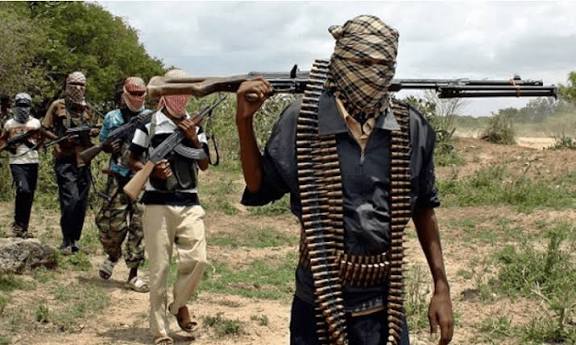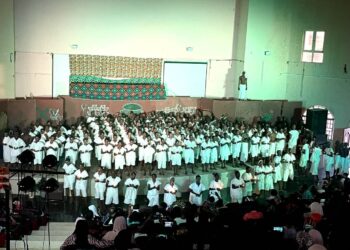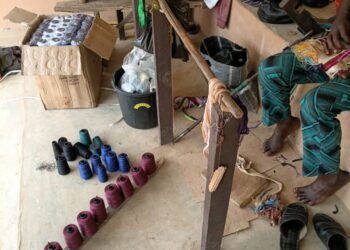By Fémí Emmanuel
In recet years, Nigeria has faced an alarming rise in banditry, particularly in the North-East and North-Central regions. The violence has left trails of bloodshed, displaced families, destroyed farmlands, and consumed lives and property worth billions of naira. This has raised a contentious national debate: should dialogue and amnesty be extended to bandits, or should they face the full weight of military and legal force?

One fact remains indisputable—no religion on earth supports or glorifies violence. Christianity, Islam, and African traditional religions unanimously condemn the shedding of innocent blood. The Holy Bible and the Qur’an alike preach peace, justice, and compassion, not violence. History also shows that men of God, revered across generations, have served as mediators between God and humanity, as well as advocates of peace and tolerance among different faiths. Yet, nowhere in the holy books is it prescribed that religious leaders should mediate between governments and bandits, especially when the latter’s actions are driven by destruction and bloodlust.
This is why calls for dialogue and amnesty with bandits, particularly from respected religious leaders, have sparked mixed reactions. To many Nigerians, such suggestions are unsettling. They question why figures who should be at the forefront of advocating justice and accountability would instead propose leniency for groups responsible for heinous crimes. To some critics, equating bandits to Niger Delta militants is a distortion of history and context that risks misleading the public.
The Niger Delta militants emerged from a different reality—one rooted in environmental degradation, oil spillage, unemployment, and decades of neglect in a region that produces the bulk of Nigeria’s oil wealth. Their agitation was largely a demand for economic justice, environmental restoration, and infrastructural development. While militancy led to criminality such as kidnapping and pipeline vandalism, the broader struggle was anchored in regional grievances. This ultimately informed the Presidential Amnesty Programme initiated under the late President Umaru Musa Yar’Adua, which brought relative peace and stability to the oil-rich region.
Banditry, on the other hand, lacks such socio-political justification. Bandits thrive on abduction for ransom, mass killings, attacks on schools, and the displacement of rural communities. Their mission, many argue, is not rooted in economic agitation but in lawlessness and organized crime. Unlike the Niger Delta struggle, their actions do not seek justice or regional development but instead perpetuate fear, chaos, and the weakening of the Nigerian state.
The moral dimension also cannot be ignored. One of God’s commandments, “Thou shalt not kill,” underscores that life is sacred and that murder carries divine consequences. By this standard, bandits are viewed by many Nigerians as “vampires” who have forfeited their humanity by preying on innocent lives. For such individuals, dialogue may not only be futile but also dangerous, as it risks legitimizing their crimes and encouraging more violence.
Religious leaders, respected as role models and moral guides, therefore bear a heavy responsibility. Their words carry weight, and as such, they are expected to avoid remarks that could inflame tensions or embolden criminals. Instead of advocating dialogue with those who thrive on destruction, many believe they should press for justice, security reforms, and the protection of innocent citizens.
The question remains: should dialogue ever be an option in dealing with banditry? Proponents argue that negotiation may reduce bloodshed in the short term, but opponents warn it sets a dangerous precedent, rewarding violence with attention and possible concessions.
For Nigeria, the choice lies in balancing mercy with justice, and peace with accountability. But one thing is certain—the survival of the nation depends on a strategy that protects citizens, deters crime, and ensures that peace is not purchased at the price of justice.
You can get every of our news as soon as they drop on WhatsApp ...To get all news updates, Join our WhatsApp Group (Click Here)












